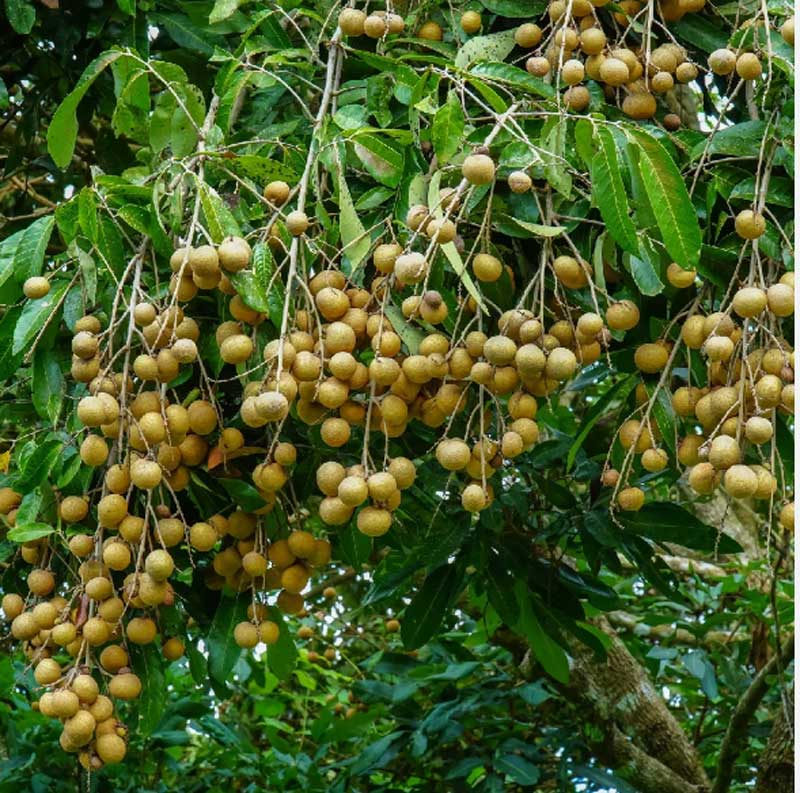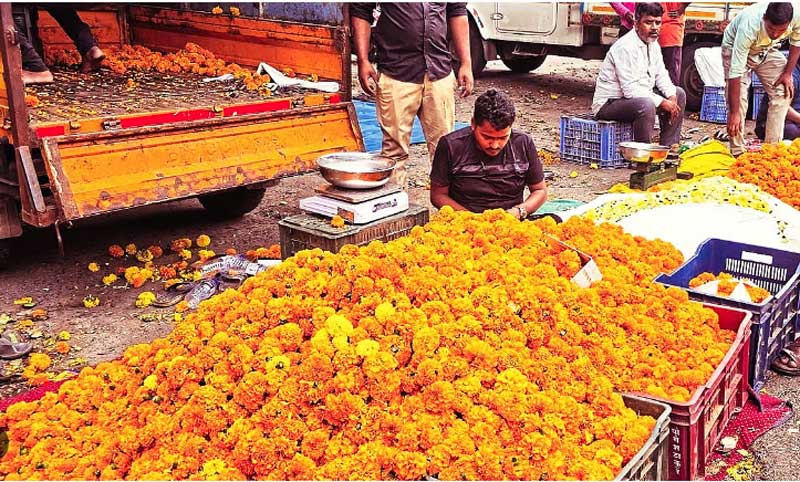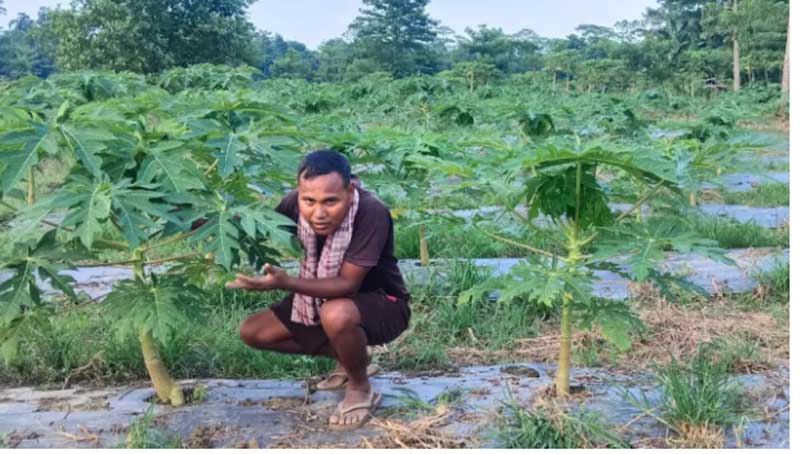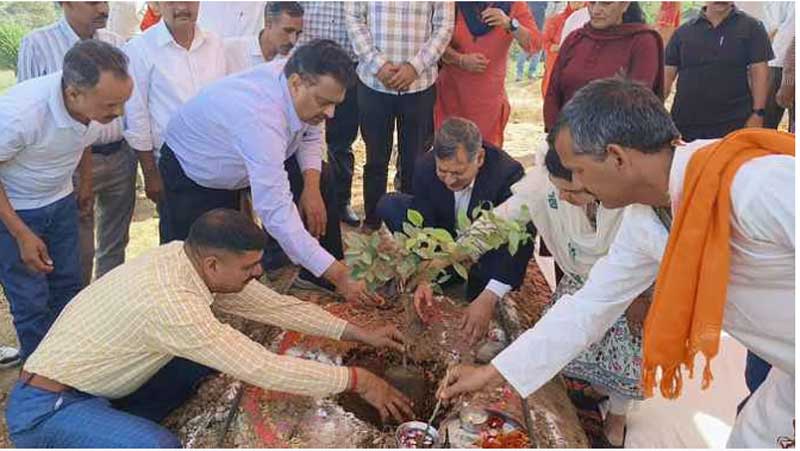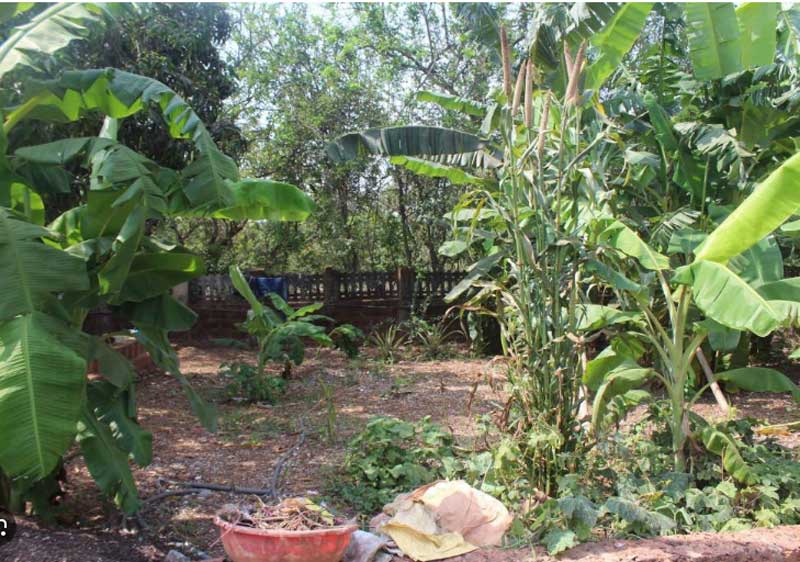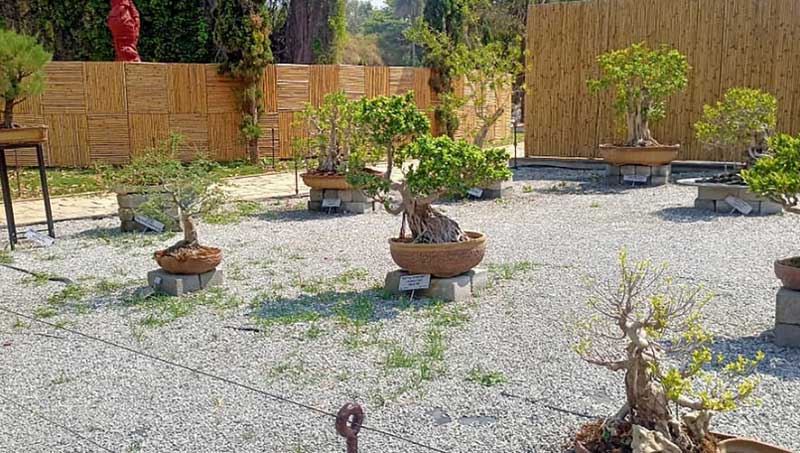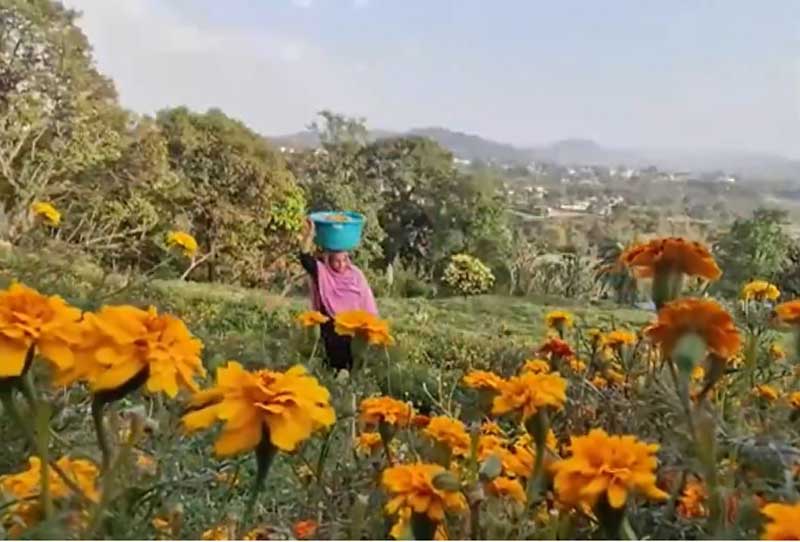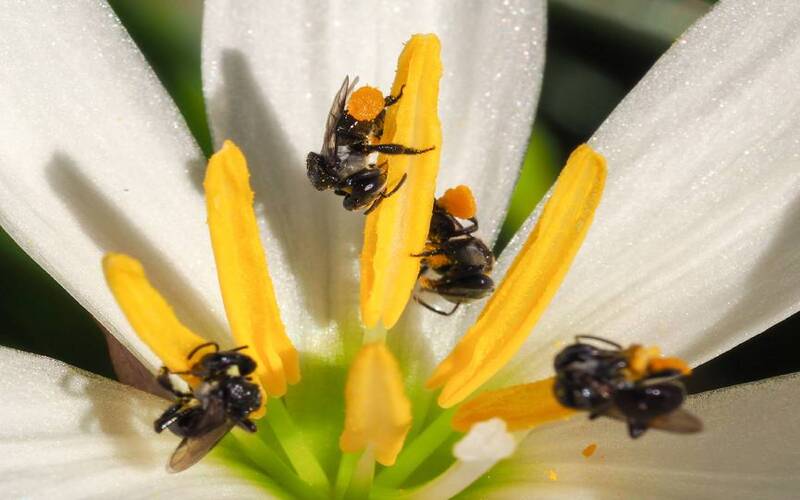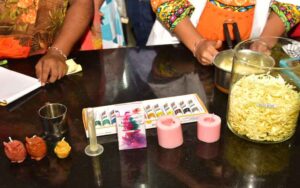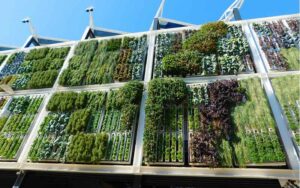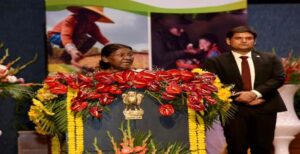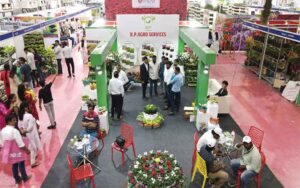Australia: Vital Research on Stingless Bees, New Crop Pollination Option
Nursery Today Desk
New Delhi. The food habits of native Australian stingless bees is being studied by scientists to better understand how it affects the health of the hive as a whole and their capacity to pollinate crops.
The research comes in response to the discovery of Varroa mite in New South Wales in 2022, which affected horticulture growers’ access to the European honey bee, which is the primary agricultural pollinator in Australia.
The program, which is being offered through Hort Innovation and is being coordinated by Western Sydney University and Griffith University in collaboration with stingless beekeepers and industrial partners, will add to the knowledge regarding the capabilities and commercial management of alternative pollinators.
Brett Fifield, Hort Innovation Chief Executive said, “This program is very necessary to safeguarding the future of Australian horticulture products and is being carried out by the experts in pollination research.” He added, “The discovery of Varroa has made us rethink and reconsider what we know about pollination”.
“New crop pollination options for the horticulture sector will be made possible by unlocking the potential of alternative pollinators, like the stingless bee.” The project, according to Western Sydney University Professor James Cook, will determine the dietary preferences of stingless bees by identifying the pollen species and crucial nutrients gathered during their foraging activities.
He added, “We are exploring the relationship between stingless bees’ dietary choices and their colonies’ wellbeing. By understanding this relationship, we can identify new opportunities to optimise hive health, such as introducing nutritional supplements into stingless bees’ colonies, and thereby improve propagation of the bees and pollination services.”
Along with working on stingless bee nutrition, crop pollination trials will be conducted at a state-of-the-art research glasshouse at the National Vegetable Protected Cropping Centre on the Western Sydney University Hawkesbury campus.
Sugarbag Bees’ business owner and beekeeper Tim Heard said the facility’s experimental hives dedicated to bee rearing will equip beekeepers with knowledge to propel stingless bee management to new heights.
“This research is fascinating and holds immense potential for enhancing crop pollination,” Heard said. “By equipping beekeepers with valuable knowledge about rearing and managing these incredible pollinators, we will pave a sustainable future for beekeeping and as a result, the horticulture industry.”

